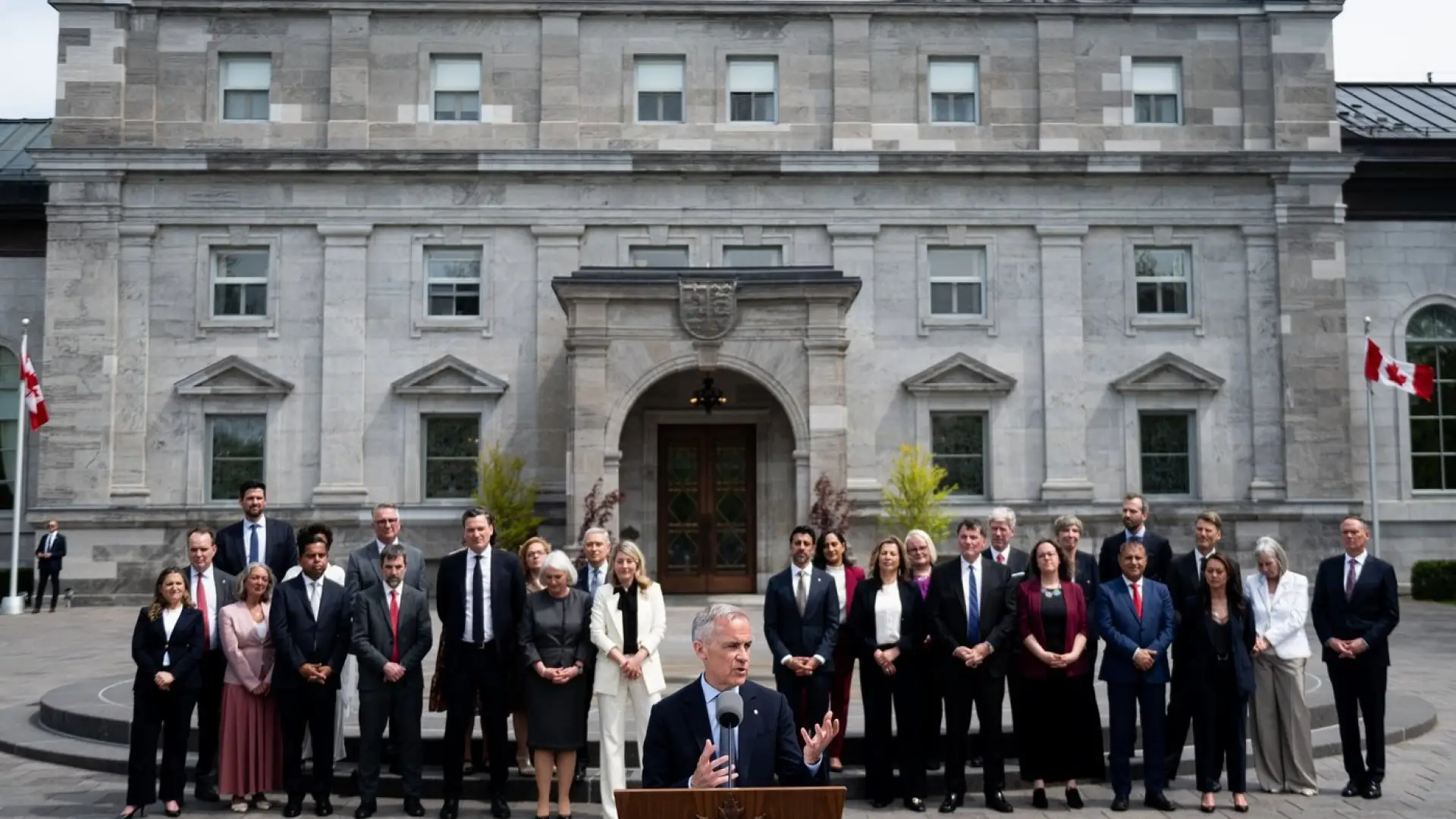Prime Minister Carney has made a good early move to increase Canada’s affordable housing supply by appointing former Vancouver Mayor Gregor Robertson as Minister of Housing and Infrastructure. Robertson has more experience on this file than any housing minister in recent memory and knows how to deliver on government priorities. One positive change he can make right away is to improve how the federal government monitors local government development approval processes which would shine new light on municipal inefficiencies and save thousands of proposed housing units from the scrap heap.
Robertson started his career as a successful businessperson before being elected as an NDP Member of the British Columbia Legislature then moving on to serve as mayor of Vancouver between 2008 and 2018. During his decade in the mayor’s office, Robertson handled many tricky files such as saving the Olympic Village from bankruptcy and proved innovative by, for example, erecting the city’s first modular housing projects.
Perhaps his biggest accomplishment was modernizing the city’s approach to enabling housing which prior to his election was firmly stuck in the 1950s. Robertson’s Housing Strategy set and met ambitious targets which soon inspired copycat versions in municipalities across British Columbia.
As his successor, I kept the core of Robertson’s strategic approach when elected mayor in 2018 but tweaked how I delivered on its contents. The result was a record number of housing approvals despite an extremely fractured council and the pandemic’s economic shock. Although there is still a long way to go, these efforts are starting to reduce rents and give homeowners more choice.
Robertson sometimes takes flack for ballooning house price while he ran City Hall. However, this was much more the fault of negligent federal and provincial governments who had all but abandoned the housing file. Roberston had to contend with hostile Harper Conservative governments, where I was lucky to work with Trudeau who understood the value of municipal partnerships and helped my council set this record-breaking pace of housing approvals. This willingness to work together also helped me secure over $1 Billion in social and affordable rental housing investments.
Roberston can now take things to a new level as he has profound knowledge of how large municipalities work. A good first step would be to improve how housing development applications are tracked and reported. In many municipalities, multi-unit housing proposals begin with an initial “letter of intent” from developers to city planners, but there is no systematic internal tracking of what companies take this first important step or make it to a rezoning or development permit board hearing. Elected officials often have little idea of how many LOIs are submitted to staff, what responses are sent, and, most importantly, how many are stuck in this planning purgatory. I ordered the first investigation of this initial stage of the approval process during my term as mayor and found dozens of developer proposals dying a slow death, some stuck for years without answers. As a remedy, I passed a bylaw giving developers the option to circumvent the usual planning process and bring their proposals directly to council - although, sadly, the current Vancouver mayor killed this initiative.
I suspect many potential projects are stuck in planning purgatory right across Canada. One simple way to investigate and fix this problem is to extend the Canadian Mortgage and Housing Corporation’s power to collect and publish more municipal housing data - including the very first instance a proposal is seen by city staff. The CMHC already works with local governments to collect and publish excellent data on housing starts, construction, and completions. It now needs to go right to the beginning of the municipal approval and permitting pipeline and collect data from all stages of the process to better understand why some projects with great potential fail before they even get a chance to start.
Robertson is deeply committed to ensuring Canadians can afford to buy and rent homes. He knows this file better than most. Expanding data transparency would be a practical, high impact way to begin his work, and Canadians weary of punishing housing costs would welcome the move.
Kennedy Stewart is an associate professor at Simon Fraser University’s School of Public Policy and former NDP Member of Parliament (2011-2018) and Mayor of Vancouver (2018-2022)

